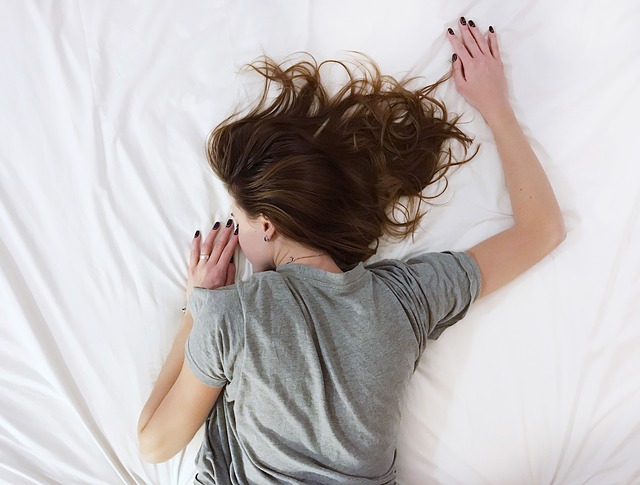
America is in the middle of a sleep pandemic. CDC statistics indicate that 1 in 3 American adults don’t get enough sleep each night, and, perhaps even more worryingly, most aren’t able to understand the signs of sleep deprivation. While scientists don’t quite understand what the body does while it sleeps, and why it needs quite so much of it – not many animals have an ideal sleeping pattern of a solid 8 hours – they do know how it benefits your all-round health. Indeed, long-term sleep deprivation is linked to early death. Getting enough sleep, and fine-tuning it’s quality, starts with your sleep environment.
The bedroom
As the saying goes, your bedroom should only be for two things – sleep and sex. According to The Guardian, this is an important psychological factor in getting good sleep. Turn off devices, restrict blue light in the room, and don’t conduct any productivity-related tasks such as work. Your bedroom should also stimulate the other senses into relaxation. Use muted colors, like pastels and especially blues. Have your bed be neutral colors, too – keep reds and other ‘loud’ or ‘warning’ signals away. Consider your bedroom air quality, too. It’s all too easy to build up allergens that can disturb your sleep, especially if your bedroom is a low-traffic room. Keep windows open to encourage ventilation, or consider investing in an HVAC system to filtrate air and keep it at the right temperature and humidity.
Sleep hygiene
Good sleep is predicated on a good routine. According to the Sleep Foundation, researchers have clearly established the link between routine sleep habits and hygiene and the quality of the sleep that comes from that. A simple way to start is by shutting devices off an hour before sleep, and having your head down, ready to fall asleep, up to 30 minutes before your desired time of sleep. It can take at least 15 minutes to properly fall asleep, so this leaves you plenty of room. That spare half an hour can be used for reading, grooming, or anything else.
Mindfulness and sleep habits
Mindfulness is a simple way to get into meditation-like practices and is seeing huge popularity across the USA – and for good reason. As the Greater Good Magazine at Berkeley establishes, mindfulness reduces the anxiety and stress related with today’s high-pace world in the first instance. Given that work-related stress is reportedly responsible for 85% of cases of lost sleep, that’s a huge benefit already. Going further, researchers have found that the quality of sleep itself is benefited by regular mindfulness sessions. These are clear and obvious benefits to be gained, and can find their place in any man’s sleeping schedule – perhaps in the 30 minutes before getting your head down.
Environment, routine, and mindfulness. Remember these three principles and you’ll have a good shot at improving your sleep quality in the long-term. Life is stressful – nobody is contesting that – but you do have the power to improve your habits.
Tags: sleep


